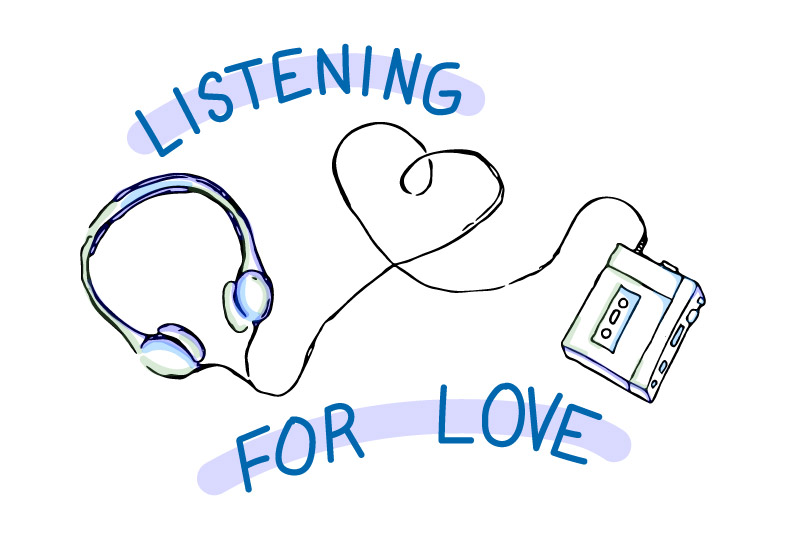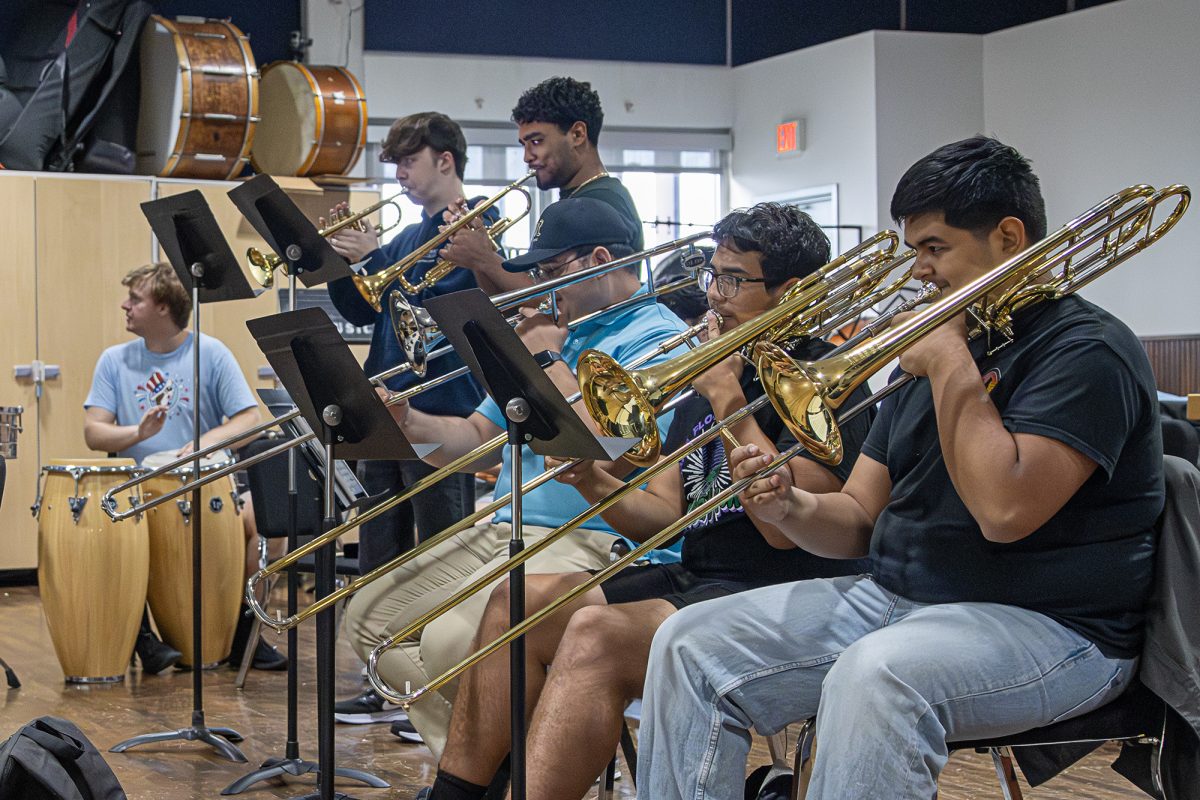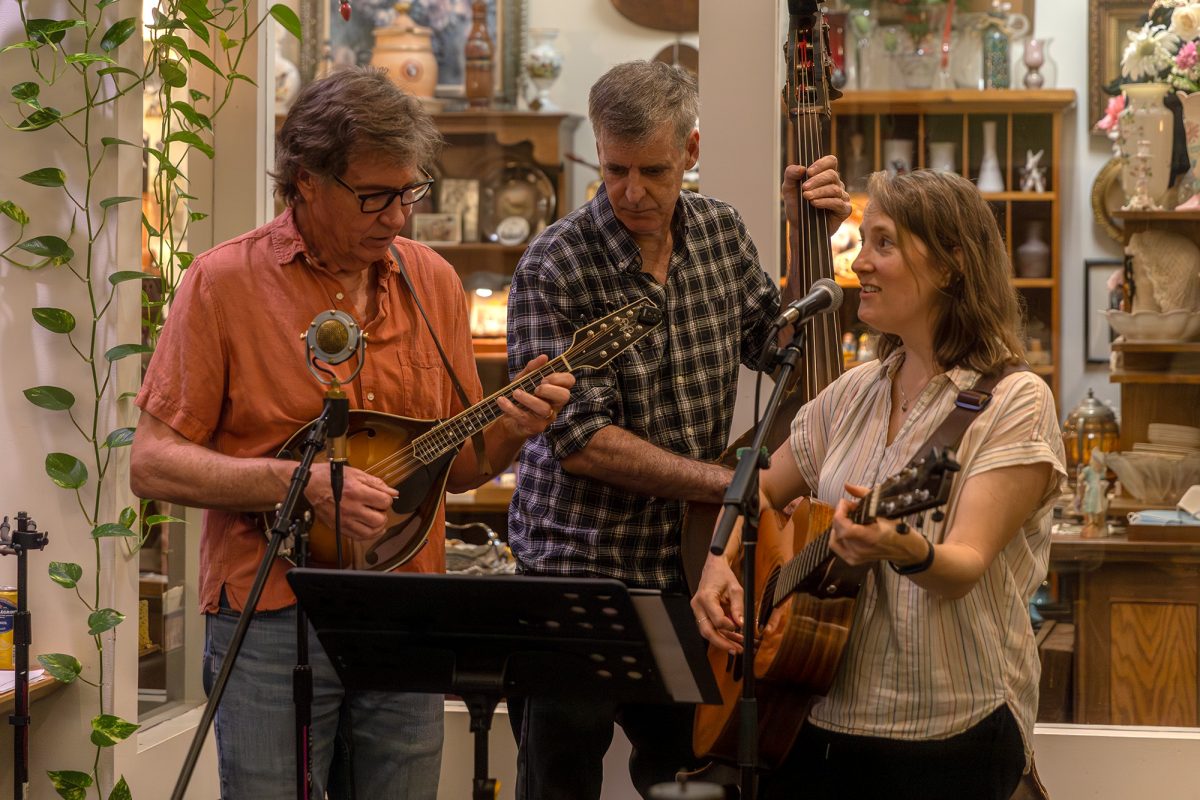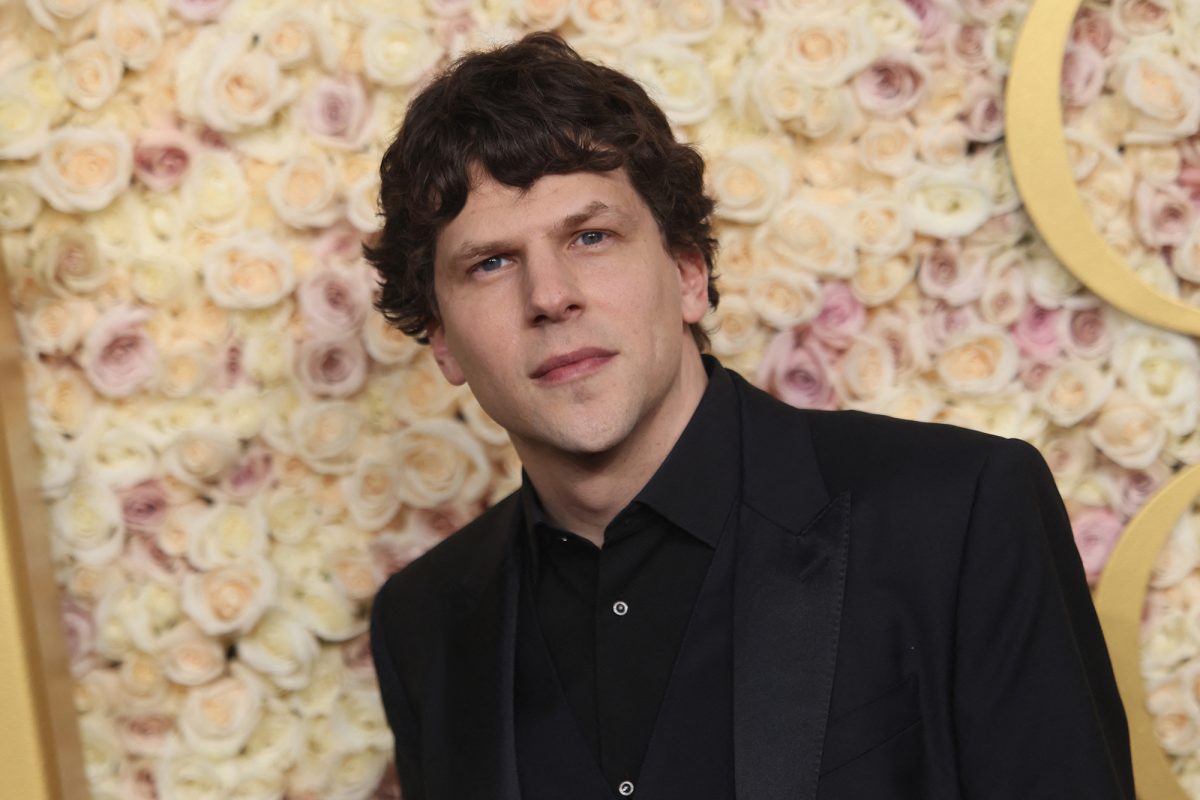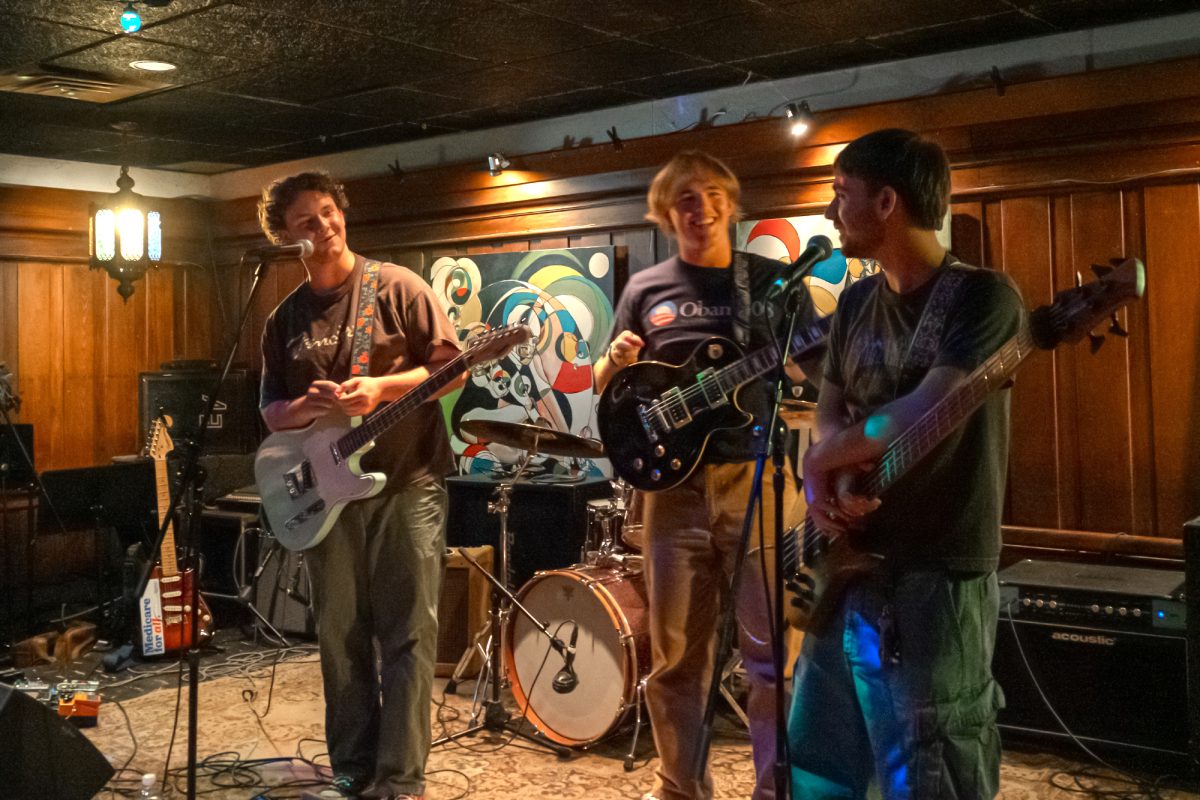“I wanna get him back / I wanna make him really jealous, wanna make him feel bad / Oh, I wanna get him back / ‘Cause then again, I really miss him, and it makes me really sad.” These lyrics are from “get him back!” a song featured on Olivia Rodrigo’s newest album, “GUTS.” These words could practically be ripped out of the journal of a 19-year-old girl experiencing her first heartbreak. With speech-like vocals, loud guitars and intense drums, “GUTS” is full of frustration, female rage and raw lyricism that feels young at heart.
Prior to Olivia Rodrigo, there were other young artists who expressed similar themes and feelings in their music. Avril Lavigne released “Girlfriend” in 2007 at the age of 23, singing lines like, “She’s like, so whatever / You could do so much better / I think we should get together now.” These lyrics are simple, to the point and have a certain nonchalance to them that feels youthful. Lavigne is not singing about contradicting, complex emotions, but is rather singing simply about rage and liking a boy who is dating someone else.
Alanis Morissette was known for similar types of music. Her hit “You Oughta Know” features common themes, but some with more mature, explicit language. Morissette’s profanities and lustful lyrics represent the raw experience of being a young person in the midst of a heartbreak that feels like the end of the world.
The music of artists like Morissette and Lavigne released in the ’90s and early 2000s expressed an honest, unfiltered depiction of girlhood and first relationships. For young women growing up during that time, this music could be seen as a cathartic expression of their own feelings — something much-needed in a misogynistic world. Women, especially young women, are often characterized as being too emotional.
When a woman decides to be honest about her feelings, it can be interpreted as dramatic and instantly invalidated. Music that expresses young female rage and frustration with heartbreak creates a release for young girls who are often told that they are supposed to be pretty, perfect and contained. The idea of being too emotional is reclaimed and repackaged in a way that is for young women, not against them.
Today, there continue to be many songs written by young female artists that express the anger and frustration that come with adolescent heartbreak. Olivia Rodrigo is a perfect example. And slowly, the mainstream music industry is becoming more inclusive of which women get to tell their stories. Morissette and Lavigne are excellent at expressing female rage, but as white women writing about heterosexual relationships, they do not depict an idea of girlhood that is representative of all women’s experiences. Instead, there needs to be space in the music industry for young women of color and young queer women to express their own stories.
Mitski’s song “Your Best American Girl” exemplifies the power and importance of having more diverse narratives surrounding girlhood in music. In the chorus, Mitski creates a sound full of overwhelming guitars and drums that feels full of frustration and youthful longing. However, it is the lyrics that set it apart and distinguish it from similar songs.
Mitski sings, “Your mother wouldn’t approve of how my mother raised me / But I do, I think I do / And you’re an all-American boy / I guess I couldn’t help trying to be your best American girl.” Some listeners have interpreted these lyrics as Mitski not being “American enough” for the boy that she desires. This feeling of not being white enough to feel desirable is a feeling that, unfortunately, many women of color may go through during their adolescent years. Having an artist who voices this is a step toward making young women of color feel more seen and represented.
SZA is another female artist of color who has expressed young, female heartbreak in an honest, unfiltered way. Songs from both “Ctrl” and “SOS” reflect the experience of being young and the confusing, frustrating feeling of younger relationships that can lead to both self-sabotage and personal growth. In “F2F,” SZA even incorporates a punk, indie-rock sound that is reminiscent of musicians like Morissette.
Society often fails to validate the feelings of women of color, especially Black women, and instead characterizes them as emotional or angry. In “F2F,” SZA ignores those stereotypes and is unapologetically emotional, loud and powerful. Although SZA is not a teenager or a young 20-something anymore, she still writes in a personal, honest style that can help validate the feelings of young women as they are growing up.
There are also slowly more queer artists making it into mainstream music that discuss the anger and frustration of young heartbreak. Reneé Rapp’s debut album features many songs that are full of explicit dislike for her ex-partners. In “Poison, Poison,” Rapp sings short, spiteful lines that are specifically directed toward a woman. Given that Rapp identifies as bisexual, this can be interpreted as a song that expresses heartbreak and frustration in the context of a queer relationship.
Love is not always picture-perfect, especially throughout the chaotic, hormonal period of adolescence. It is full of ups and downs, heartbreak and messy situations. For young women who are expected to be perfectly put together and proper at all times, these situations can be painful and full of suppressed emotions. For women of color and queer women, that pain can be heightened exponentially. Music that encapsulates these feelings cannot heal pain. However, music can make young women feel seen and reassure them that they are not alone.


